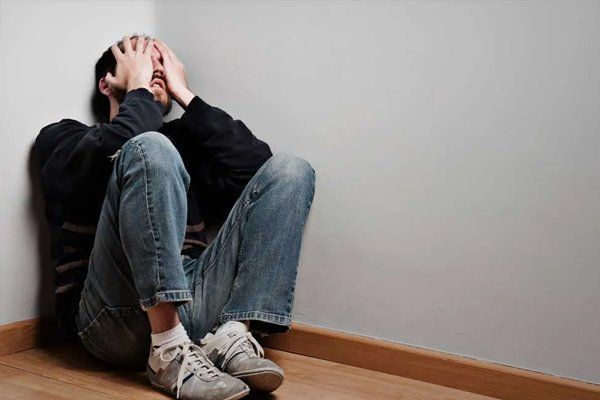Youthful Offender Program: 6 Questions You Might Have Regarding AB 1276

If your loved one was convicted of a crime while under the age of 23, they may benefit from AB 1276, which is a law that was enacted in 2014. AB 1276, or the youthful offender program, provides opportunities to California's most vulnerable inmates - those who have entered the system while still in their youth.
If you haven't heard about AB 1276, you should talk to your loved one's attorney as soon as possible. Here are the answers to some questions that you might have about the program.
1. What Is AB 1276?
Under prior laws, anyone convicted of a serious crime was sent to a level IV security prison, regardless of their age. Unfortunately, that meant that young offenders were sentenced to serve their time with older, more violent inmates. AB 1276 provides youthful offenders with access to lower-level facilities. These lowerlevel facilities ensure that younger inmates have access to the training and treatment that they need.
2. Why Was AB 1276 Enacted?
As stated above, prior to the enactment of AB 1276, young offenders were often sent to prison yards that housed older, more violent inmates. Once housed with those older inmates, young offenders were sometimes subjected to extreme violence, including rapes and beatings. AB 1276 was enacted to ensure that young offenders are no longer housed with older inmates as soon as they enter the prison system.
3. What Is the Purpose of AB 1276?
The purpose of AB 1276 is to identify those young offenders who would benefit from access to rehabilitation and training. The bill went into effect July 1, 2015, so inmates who are younger than 22 years of age at the time of incarceration are now screened for participation as soon as they enter reception.
4. How Is Eligibility for AB 1276 Determined?
During the screening process, prison counseling staff interview each young offender. To be eligible for services under AB 1276, a young offender must first meet the age requirement, which is that they must have entered the California prison system prior to turning 22 years of age.
If the inmate has already been in the prison system, they must be free of any misconduct for at least 12 months prior to their annual review. Finally, to participate in the youthful offender program, AB 1276, a young offender must agree to voluntarily enter the program.
5. What Facilities Are Available for AB 1276 Placement?
If your loved one enters into the youthful offender program, they will be eligible for a reduced security level. For instance, if they enter as a level IV placement, then under the youthful offender program they may be eligible for level III placement. Level III placement provides extended out-of-cell time - including additional time allotted for outdoor activities - as well as additional access to training programs.
These programs are offered through several different facilities within the California prison system. Some of the facilities that your loved one may enter include Ironwood State Prison, Pleasant Valley State Prison, and California State Prison Solano.
6. Is Sentencing Affected by AB 1276?
Under the guidelines of AB 1276, young offenders who entered the prison system prior to reaching their 18th birthday will be eligible for parole after they've served at least 25 years of their original sentence. However, S.B. 261 expanded that eligibility to young offenders who are incarcerated prior to their 23rd birthday. If your loved one meets either of those criteria, they may be eligible for parole, even if they were sentenced to life without the possibility of parole (LWOP).
California has made changes to their penal system that are designed to change the ways that young offenders are treated. One of those changes is AB 1276. If you have questions about the youthful offenders program, contact us at The Law Office of Ralph Torres. We can help you understand how this law affects your loved one.



